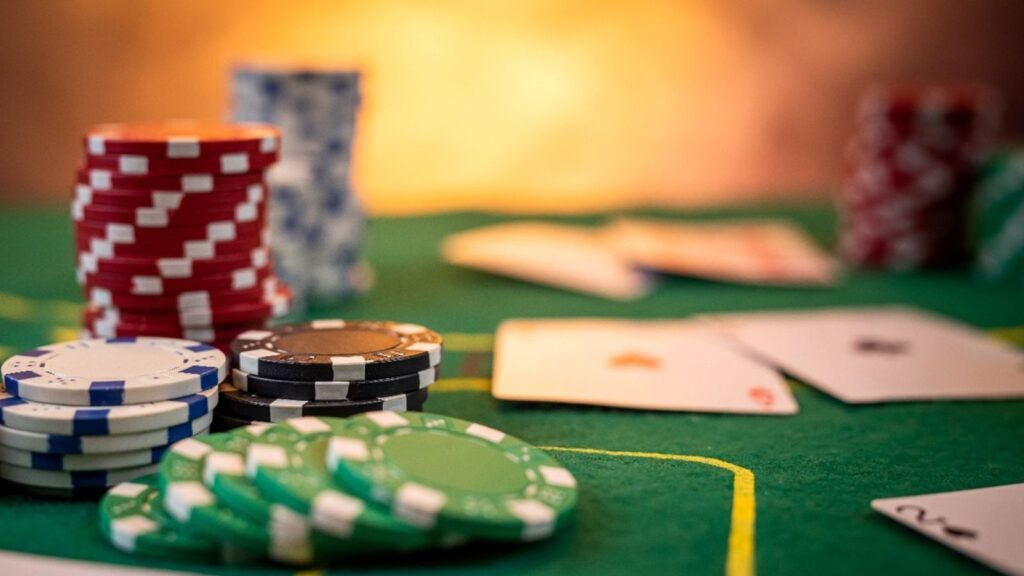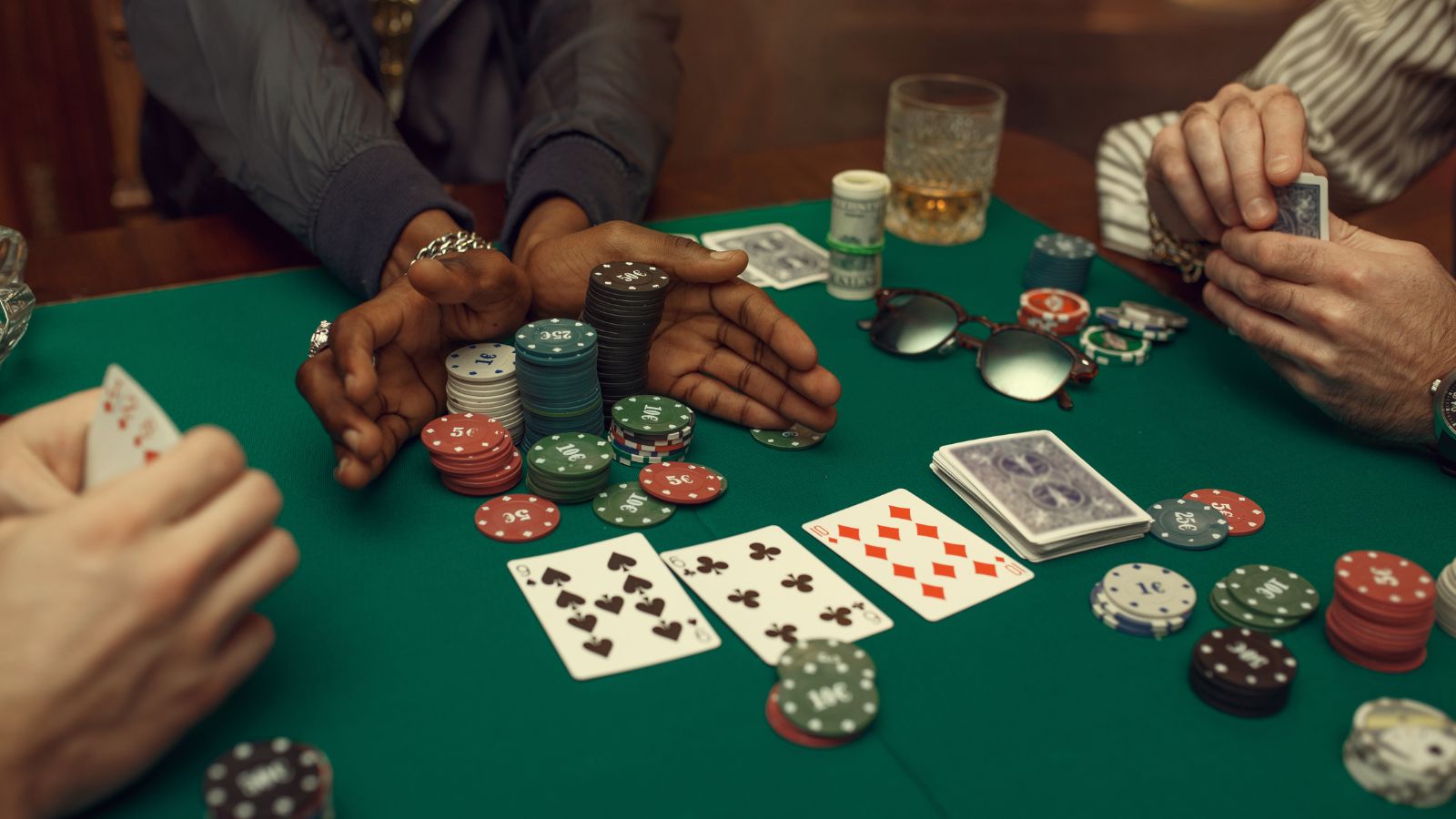
Over the past few years, online poker has skyrocketed in popularity, evolving from a niche hobby enjoyed by a select few into a global sensation. With the convenience of playing anytime, anywhere, and the chance to compete against opponents from around the world, it’s no surprise that millions of players log in daily to test their skills, chase big wins, and enjoy the thrill of the game.
As interest continues to grow, more players are looking to level up their game, and we’re here to help. Below, you’ll find expert-backed tips designed to sharpen your strategy and give you a real edge at the virtual tables.
This way, if you’re going to make use of some of the best poker no deposit bonuses – which are easily accessible from NoDepositFan – you can equip yourself with these useful tips and increase your chances of winning.
Understand the Different Styles of Play
Poker isn’t just a game of cards, it’s a game of strategy, psychology, and adaptability. What makes it so compelling is the range of ways players can approach the game, from cautious and calculated to bold and unpredictable.
Most poker strategies fall somewhere within four main categories: tight, where players stick to strong hands and avoid unnecessary risks; loose, where more hands are played and there’s a greater appetite for risk; aggressive, where players drive the action with frequent bets and raises; and passive, where players tend to check or call, letting opponents take the lead.
Chances are, your natural style leans toward one of these. But the most successful poker players aren’t tied to a single approach, they know how to adjust their play depending on the situation and the competition. If you’re too predictable, savvy opponents will catch on quickly and exploit your habits.

Bluff Strategically
Everyone knows that in poker, it’s not just about being a great bluffer, it’s about knowing exactly when and how to bluff strategically. At its core, a bluff is an attempt to make your opponent fold a stronger hand. But for that to succeed, your actions throughout the hand need to tell a believable story.
One of the most common mistakes players make is bluffing in situations that don’t add up. If you suddenly show strength without having demonstrated any aggression earlier in the hand, savvy opponents will spot the inconsistency and are more likely to call you down. That’s why an effective bluff is built from the ground up, it starts with how you’ve played the hand from the very beginning.
Know When to Fold
Knowing when to fold is one of the most underrated yet powerful tools in a poker player’s arsenal, especially when you’re caught in that grey area of uncertainty. While flashy bluffs and big wins often steal the spotlight, it’s the quiet discipline of folding that truly separates sharp players from the rest.
Many players struggle with folding, not because they don’t know it’s an option, but because their instincts get in the way. As humans, we’re naturally curious; we want to see what our opponent is holding. But while walking away from a pot might feel like a defeat, folding when you’re unsure is often one of the most profitable decisions you can make.
Strike at the Right Time
The moment an opponent shows weakness, like checking on the flop and turn, is often your cue to take control of the hand. Most players won’t call multiple bets without a strong hand, so their passive play usually signals hesitation or a weak holding. That’s your opportunity to apply pressure with a well-timed bluff.
By betting aggressively in these spots, you can force opponents to fold decent but vulnerable hands. This strategy works not just with drawing hands (semi-bluffs), but also with complete bluffs, especially when you hold cards that make it less likely your opponent has a strong hand.
Only Play When It Feels Right
Only playing poker when it feels right might sound obvious, but it’s one of the most valuable tips for maintaining long-term success. Poker is a game that rewards clear thinking and emotional control. If you find yourself feeling frustrated, tired, or tilted, it’s best to step away. Continuing to play in a negative mindset often leads to poor decisions and unnecessary losses.
The beauty of poker is that it’s always there when you’re ready. Taking a break can save you money and help protect your mental game. A helpful mental check is to imagine going all-in and losing your full stack on the first hand. If that possibility doesn’t shake you, you’re likely in a good place to play. But if it makes you anxious, it’s a sign to sit this one out and return when your mindset is stronger.












